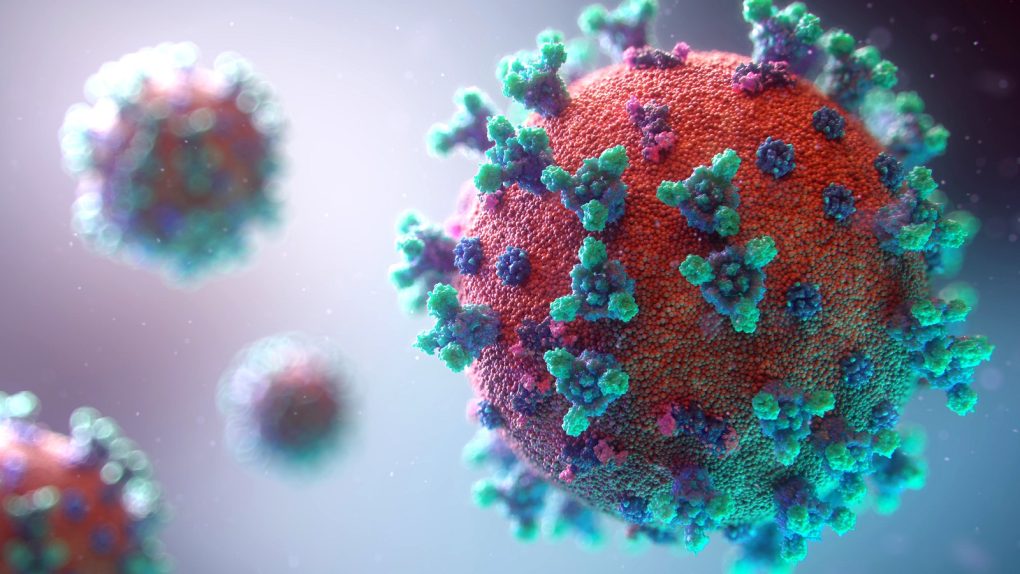- Combatting the coronavirus in 2021 will be more challenging in 2020 due to new mutations, according to an official from the World Health Organization.
- While current vaccines should be effective against new mutations, recently discovered strains are said to be far more infectious than the original.
- New coronavirus mutations have been found in the UK, Japan, and South Africa.
The arrival of COVID-19 vaccines will likely put an end to the global coronavirus pandemic sometime in 2022, according to many health experts. Still, there will likely be millions of new infections and an untold number of associated deaths before we’re able to put the coronavirus behind us for good.
Especially with the arrival of mutated and more infectious strains of the virus, the World Health Organization (WHO) warns that battling COVID in 2021 could prove to be more challenging than it was in 2020.
“We are going into a second year of this, it could even be tougher given the transmission dynamics and some of the issues that we are seeing,” WHO emergencies official Dr. Mike Ryan recently said during an online event.
“Certainly in the northern hemisphere,” Ryan went on to say, “and particularly in Europe and North America we have seen that sort of perfect storm of the season: coldness, people going inside, increased social mixing and a combination of factors that have driven increased transmission in many, many countries.”
Unfortunately, Ryan’s prediction is already playing out before our eyes here in the U.S. Just as Dr. Fauci and other health experts warned, January is well on its way to being the worst month of the entire pandemic.
The U.S. is currently averaging about 250,000 new coronavirus infections per day, a record-breaking figure that’s five times higher than the infection rate was back in early October. This increase, it’s worth noting, isn’t simply a function of more widespread testing as we’ve seen a corresponding increase in coronavirus-related deaths during the same time-frame. This past Tuesday, the U.S. reported 4,406 COVID-related deaths in a 24-hour period, a record-breaking figure.
More broadly, Ryan earlier this week added that the coronavirus pandemic should serve as something of a wake-up call to the global community because future pandemics could prove to be much more deadly.
“This pandemic has been very severe, it has spread around the world extremely quickly and has affected every corner of this planet,” Ryan said a few days ago. “But this is not necessarily the big one. This virus is very transmissible and kills people, it deprived so many people of loved ones. But its current case fatality is reasonably low in comparison to other emerging diseases. This is a wake-up call.”
As to how the vaccination effort in the U.S. is going, The New York Times’ vaccine tracker relays that the U.S. has received 30.6 million vaccine doses and that 11.1 million Americans have been vaccinated thus far. Going forward, the Trump administration recently said that it will send more vaccine doses to states that can administer them faster. States unable to vaccinate their population at a rapid clip, in turn, will receive fewer doses.
As a prime example of the inefficiencies that continue to plague the COVID-19 vaccine rollout, Michigan has received approximately 831,000 doses but has only administered around 332,140 shots.








